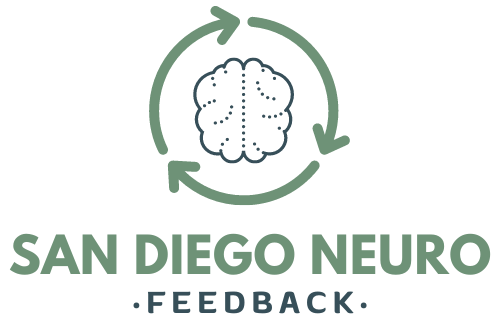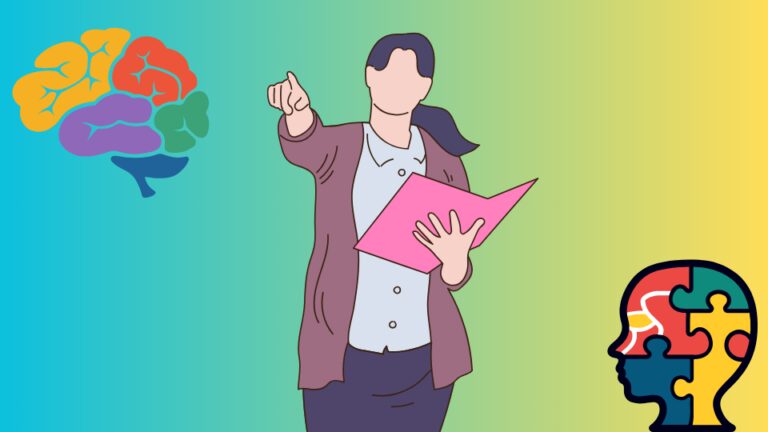ADHD, or Attention Deficit Hyperactivity Disorder, affects much more than just the individual who has it. The impact ripples through every aspect of life, including relationships and careers.
When left untreated, ADHD can create significant challenges that permeate personal and professional spheres. It is crucial to understand these effects and take steps to mitigate them.
Challenges Faced by the Person with ADHD
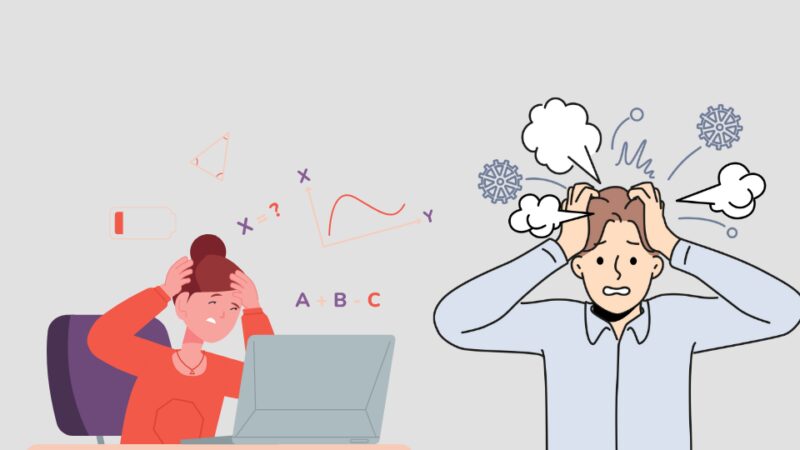
Individuals with ADHD often feel like they are under constant scrutiny. This feeling of constant criticism and micromanagement can be incredibly demoralizing. It stems from their difficulties in meeting expectations or following through on commitments. Over time, this can erode their self-esteem and create a sense of perpetual inadequacy.
Moreover, people with ADHD may not feel respected as adults. Their actions are often misinterpreted as laziness or a lack of effort, leading to a lack of respect from their partners. This misunderstanding can create a toxic environment where the ADHD individual feels belittled and unappreciated.
To escape the criticism, many individuals with ADHD might resort to avoidance and defensiveness. They might avoid their partner or say whatever is necessary to end the confrontation. This behavior can lead to further misunderstandings and conflicts, creating a vicious cycle that is hard to break.
“People with ADHD tend to be more sensitive in general,” says therapist Jamie Blume. “If someone says something that they perceive to be negative or rejecting, they take it really personally and it leads to them feeling all sorts of negative things about themselves.”
Challenges Faced by the Partner of a Person with ADHD
Partners of individuals with ADHD often feel lonely and ignored. Their ADHD partner may zone out during conversations or forget important details, making the non-ADHD partner feel insignificant and unimportant. This lack of attention can be deeply hurtful and create a sense of emotional distance.
The burden of family responsibilities often falls disproportionately on the non-ADHD partner. They may find themselves overwhelmed by the sheer volume of tasks and decisions they have to manage. This can lead to burnout and resentment, further straining the relationship.
Reliability is another significant issue. The ADHD partner’s failure to follow through on promises can erode trust. This inconsistency makes it challenging to rely on the ADHD partner, which can lead to frustration and disappointment.
Common Cycle in Relationships
In relationships impacted by ADHD, a common cycle often unfolds where both partners end up feeling frustrated and misunderstood. The non-ADHD partner typically starts by complaining, nagging, and eventually becoming resentful due to unmet expectations.
This constant criticism can wear down the ADHD partner, making them feel judged and misunderstood. In response, they become defensive and withdrawn, exacerbating the conflict. This cycle continues to perpetuate itself, creating a toxic environment where both partners feel trapped and unhappy.
How to Improve These Relationships?
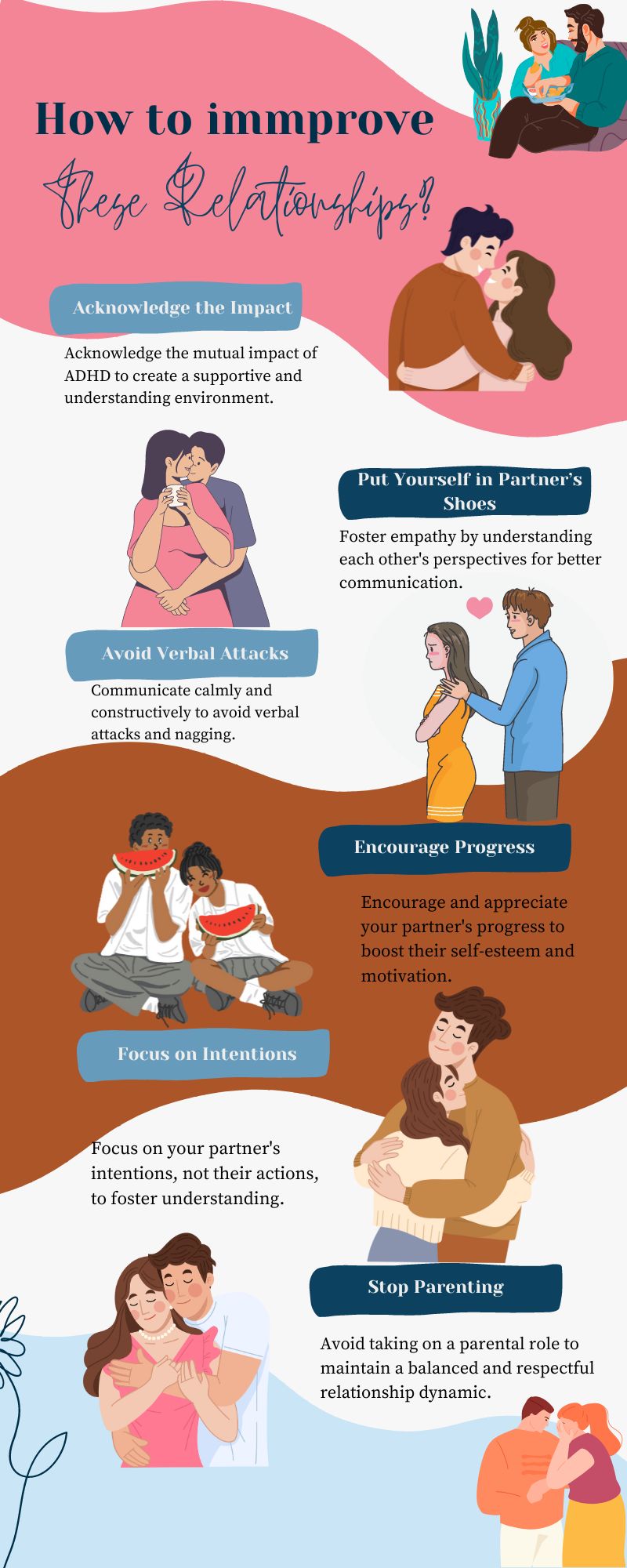
Both partners need to recognize how ADHD symptoms influence their relationship. By acknowledging the impact, they can separate symptoms from character flaws, reducing blame and resentment.
Acknowledge the Impact
Both partners must acknowledge how ADHD affects them. This mutual recognition can help them understand each other’s experiences and work together to find solutions. By acknowledging the impact, they can create a more supportive and understanding relationship environment.
Put Yourself in Partner’s Shoes
Active listening and understanding each other’s perspectives can foster empathy and improve communication. By putting themselves in their partner’s shoes, both individuals can gain a better understanding of each other’s experiences and needs. This empathy can create a stronger emotional connection and improve relationship satisfaction.
Avoid Verbal Attacks
Stop nagging and verbal attacks. Instead, try to communicate your needs and concerns calmly and constructively. By avoiding verbal attacks, you can create a more supportive and understanding relationship environment.
Encourage Progress
Acknowledge efforts and achievements. Recognize and appreciate the progress your partner makes, no matter how small. This encouragement can help boost their self-esteem and motivate them to continue working on their challenges.
Focus on Intentions
Pay attention to your partner’s intentions rather than their actions. Recognize that their behavior is influenced by ADHD symptoms together with anxiety, not a lack of effort or care. By focusing on their intentions, you can create a more understanding and supportive relationship environment.
Stop Parenting
Avoid taking on a parental role. Instead, treat your partner as an equal and work together to find solutions to challenges. By avoiding a parental role, you can create a more balanced and respectful relationship dynamic.
How to Improve Communication?
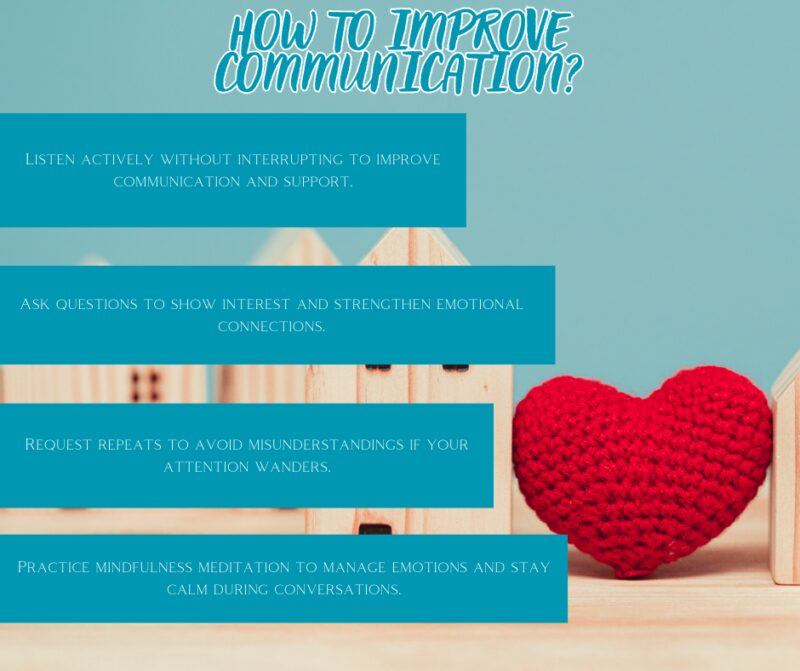
Communicate in person to understand nonverbal cues. Face-to-face communication allows you to pick up on body language and other nonverbal signals that can enhance understanding. By communicating in person, you can create a more connected and empathetic relationship environment.
Active Listening
Listen actively without interrupting. Active listening involves fully focusing on your partner’s words and showing that you understand their message. By practicing active listening, you can improve communication and create a more supportive relationship environment.
Ask Questions
Show interest by asking questions. Asking questions can demonstrate that you care about your partner’s thoughts and feelings. By showing interest, you can create a stronger emotional connection and improve relationship satisfaction.
Request Repeats
Ask for repetitions if your attention wanders. If you find yourself losing focus during a conversation, politely ask your partner to repeat what they said. By requesting repeats, you can ensure that you understand your partner’s message and avoid misunderstandings.
Manage Emotions
Practice mindfulness meditation to control emotions. Mindfulness meditation can help you manage your emotions and stay calm during challenging conversations. By managing your emotions, you can create a more stable and supportive relationship environment.
Effects of ADHD on Career
ADHD can present numerous challenges in the workplace, affecting productivity and job performance.
- One of the primary issues is distractibility. Individuals with ADHD may struggle to focus on tasks, leading to decreased productivity and efficiency. This lack of focus can result in missed deadlines and incomplete projects, which can impact their job performance and reputation.
- Poor time management is another significant challenge for individuals with ADHD. They may struggle to prioritize tasks and manage their time effectively, leading to a constant state of stress and a last-minute rush to meet deadlines. This poor time management can create a chaotic work environment and impact their ability to perform consistently.
- Impulsivity can also cause problems in the workplace. Individuals with ADHD may make rash decisions without fully considering the consequences, leading to mistakes and conflicts with colleagues. This impulsivity can create a perception of unreliability and hinder their ability to work effectively in a team.
- Forgetfulness is another common issue for individuals with ADHD. They may forget important tasks, meetings, or deadlines, which can impact their job performance and reliability. This forgetfulness can create a perception of incompetence and affect their ability to advance in their career.
- Emotional dysregulation is also a challenge for individuals with ADHD. They may have trouble managing their emotions, leading to conflicts with colleagues and supervisors. This emotional volatility can create a tense work environment and impact their professional relationships.
Impact on Career Progression
Untreated ADHD can significantly impact career progression. Difficulty maintaining focus and meeting expectations can hinder promotions and career growth. Individuals with ADHD may struggle to demonstrate their full potential due to their inconsistencies and challenges.
Job insecurity is another common issue for individuals with ADHD. Inconsistent performance can lead to job insecurity and frequent job changes. This instability can make it difficult for them to build a stable and successful career.
Strained professional relationships are also a significant impact of untreated ADHD. Poor impulse control and emotional outbursts can strain relationships with colleagues and supervisors. This can create a hostile work environment and impact their ability to collaborate effectively.
Strategies for Career Success
One of the first steps to achieving career success with ADHD is to acknowledge and address the condition. Seeking professional help through therapy, medication, and coaching can help manage symptoms and improve job performance. By taking proactive steps to address ADHD, individuals can enhance their ability to succeed in their careers.
Utilizing organizational tools is another effective strategy. Planners, apps, and reminders can help individuals with ADHD stay organized and manage their tasks more effectively. By using these tools, they can reduce forgetfulness and improve their ability to meet deadlines and follow through on commitments.
Creating a structured routine is also crucial for managing ADHD in the workplace. Establishing a routine can help individuals manage their time and tasks more effectively, reducing stress and improving productivity. By creating a structured routine, they can create a more stable and efficient work environment.
How to Improve Workplace Communication
- Be Transparent: Communicate openly with supervisors about ADHD and its impact.
- Request Accommodations: Ask for accommodations that can help manage symptoms, such as flexible schedules or a quiet workspace.
- Develop Coping Strategies: Practice techniques like mindfulness and stress management to handle workplace challenges.
- Find a Mentor: Seek a mentor who understands ADHD and can provide guidance.
- Join Support Groups: Connect with others who have ADHD for support and advice.
- Foster Positive Relationships: Build positive relationships with colleagues to create a supportive work environment.
The Bottom Line
Untreated ADHD can profoundly impact both relationships and career. Communication breakdowns, emotional dysregulation, and inconsistency can strain personal connections, while poor time management, disorganization, and impulsivity can hinder professional success.
However, with proper diagnosis, treatment, and support, individuals with ADHD can manage their symptoms effectively and lead fulfilling lives.
